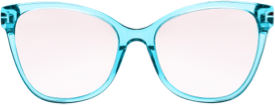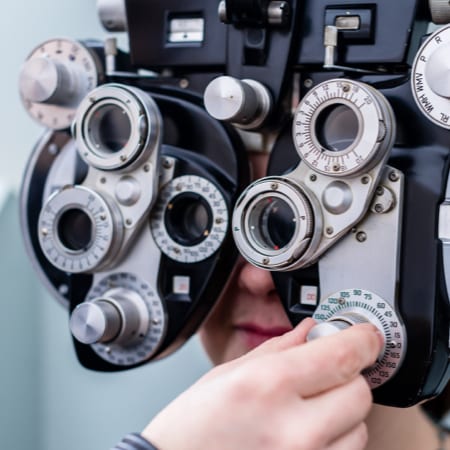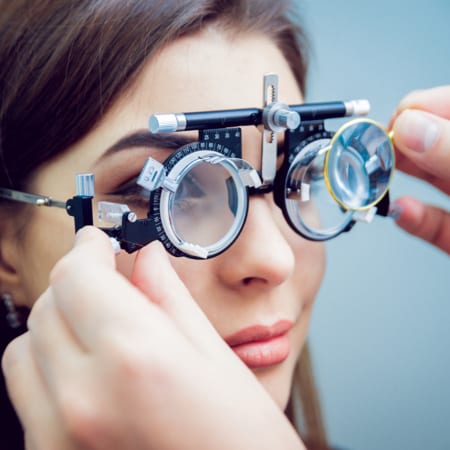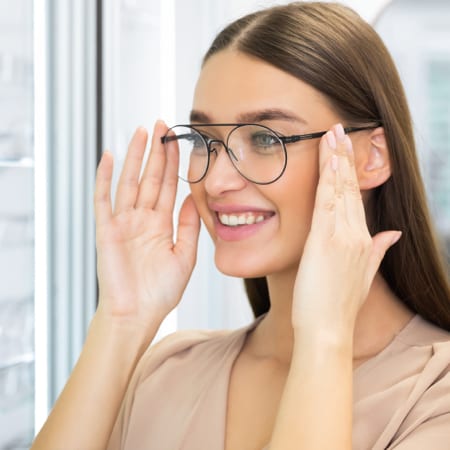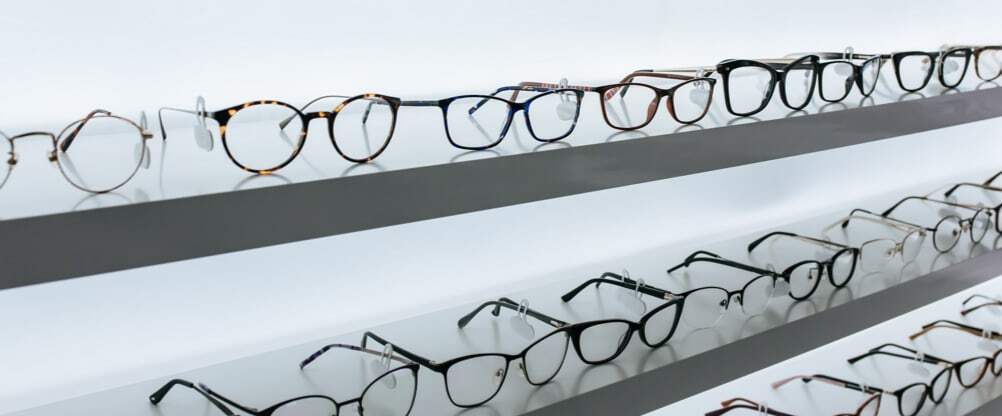Dry eyes often lead to vision problems, stinging or burning sensations in the eyes, and overall discomfort. Sometimes, you might notice a headache accompanying your dry eye symptoms. Although there is no concrete evidence that dry eyes cause headaches, these 2 conditions have common triggers.
Consult your optometrist for persistent dry eye symptoms for a proper assessment. They can help determine a personalized treatment plan to bring you relief.
What Is Dry Eye?
Dry eye occurs when the eyes produce poor-quality tears or don’t produce enough tears. As a result, your tears can’t adequately lubricate and protect your eyes.
Common Causes of Dry Eye
Various factors contribute to dry eye, including:
- Tear gland or meibomian gland issues
- Aging and hormonal changes
- Prolonged screen use
- Excessive UV exposure
- Dry and windy environments
- Exposure to irritants
- Certain medications
- Health conditions
Your optometrist can help you manage dry eyes more effectively by recommending solutions that target the underlying cause.
Symptoms
Dry eye symptoms can range from mild to severe. Common symptoms include:
- Redness, stinging, or burning
- Grittiness or scratchiness
- Foreign object sensation
- Blurred vision
Some people may also notice watery eyes as the eyes create more tears to compensate for dry eyes.
Are Dry Eyes & Headaches Related?
Dry eyes and headaches are separate conditions, but they can often intersect. In fact, research has found that people with migraine headaches are more likely to exhibit dry eye characteristics.
This does not mean dry eyes give you headaches. However, both dry eyes and headaches have many factors that can trigger their respective symptoms.
Eye Strain
During close work activities like reading or working on a computer, your eyes have to work harder to maintain focus. Over time, this leads to eye fatigue and eye strain.
Prolonged concentration can reduce our blink rate by as much as 76%. This extended period of strain and dryness can irritate the muscles around our eyes and increase the likelihood of both headaches and discomfort.
Additionally, improper lighting or a poorly positioned screen can intensify strain and worsen symptoms.
Medications
Certain medications can cause dry eyes and headaches as side effects. Antidepressants, for example, can interfere with the neurotransmitters that regulate tear production. Some medications, like ones for diabetes, may reduce overall hydration levels and potentially lead to dry eyes. Pain medicines and blood pressure medications can also trigger headaches.
Older patients taking multiple medications might be more susceptible to combined side effects. Always consult your healthcare professional if you suspect that medications are causing discomfort.
Insufficient Sleep
Sleep plays a critical role in the body’s ability to repair and regenerate tissue, including those within the eyes.
Insufficient or reduced sleep quality can decrease tear production and aggravate dry eye symptoms.
Similarly, the lack of sleep can cause headaches. Constant sleep deprivation can even reduce the body’s pain threshold, leading to intense migraine headaches.
Sensitivity to Light
Chronic dry eye often leads to light sensitivity, or photophobia. The unstable tear film associated with dry eyes can affect light refraction and cause headaches. Bright environments or sudden transitions can amplify both symptoms.
Artificial lighting, like fluorescent bulbs or light from digital screens, may further irritate your eyes and increase the frequency of headaches.
Managing Dry Eye
Effectively managing dry eyes often requires a combination of home care, lifestyle adjustments, and professional treatments. Below are some practical steps you can take to alleviate symptoms and protect your eye comfort and vision health.
Maintain Eye Hygiene
Cleanse your eyelids with a gentle cleanser to keep them free of debris. Regular cleansing removes debris and bacteria, improving meibomian gland function and tear film stability. This also helps prevent inflammation and reduce discomfort.
Practice Good Screen Habits
Screen use decreases our blink rate, leading to increased tear evaporation and dry eye. Good screen habits are essential to maintain eye health and comfort.
- Make a conscious effort to blink more often to prevent your tears from evaporating too quickly.
- Follow the 20-20-20 rule—every 20 minutes, look at something 20 feet away for 20 seconds.
- Adjust the brightness of your screen to match your environment and position it at eye level to minimize strain and enhance comfort.
Adjust Your Lifestyle
Dehydration can decrease tear production, so make sure you drink plenty of water throughout the day.
Dry eyes caused by environmental factors can often be addressed by making certain lifestyle changes. For instance, your optometrist may suggest avoiding smoke or harsh wind.
When our heaters run in the winter, they can dry out the air in our homes and cause dry eyes. Using a humidifier can introduce moisture to dry air.
Conversely, air conditioning or fans in the summer can blow dry air into our eyes and cause symptoms of dryness and discomfort. Make sure the fans are pointed away from your face.
Consider Professional Treatments
Your optometrist can provide targeted solutions to address dry eyes. Depending on the root cause of your dry eye, your optometrist may recommend in-office procedures like:
- Intense pulsed light (IPL) therapy
- Radiofrequency (RF)
- LipiFlow
- Zocular eyelid system treatment (ZEST)
Personalized treatments often include at-home remedies. Your optometrist may recommend using prescription eye drops, omega-3 supplements, and heat masks to promote tear film stability, tear production and retention, and overall eye health.
Book Your Dry Eye Consultation for Relief
While dry eyes and headaches may not directly cause one another, their triggers and symptoms often overlap. By addressing underlying causes and lifestyle factors, you can take meaningful steps toward managing your symptoms.
For lasting dry eye relief, contact us at Erie Shores Eyecare. We can help determine a treatment plan tailored to your needs.





